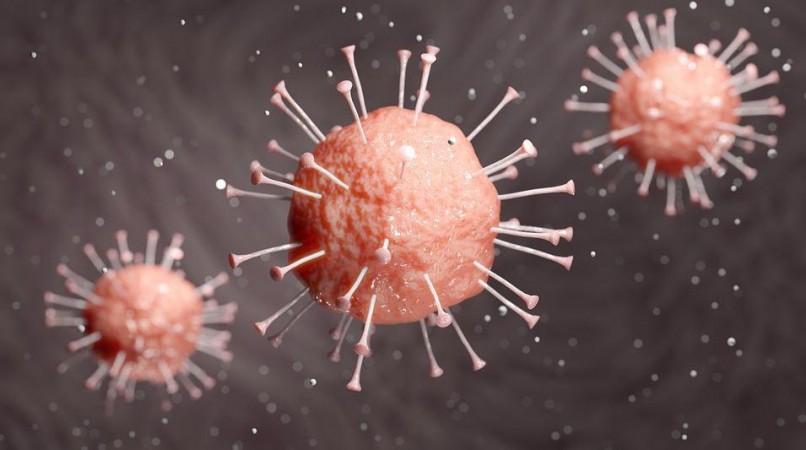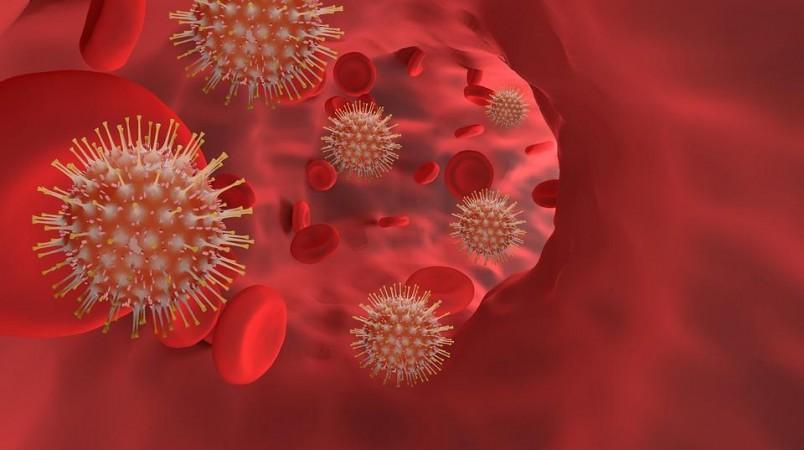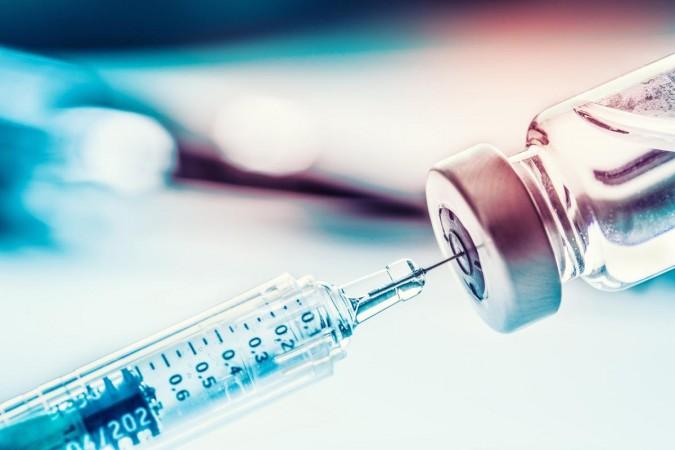Countries across the world are trying their best to inoculate their populations against COVID-19. However, the emergence of newer and more contagious variants such as Delta and Omicron has raised a new concern—breakthrough infections. Now, scientists say this may not be that bad after all. According to a new study, breakthrough infections may provide 'super immunity' against the SARS-CoV-2 virus and its variants.
Researchers from Oregon Health & Science University (OHSU) have learnt that a breakthrough infection induces a robust immune response against the SARS-CoV-2 virus, particularly the Delta variant. It was discovered that antibodies measured in blood samples of breakthrough cases were not only abundant but also more potent than those generated after two weeks following the second dose of vaccination. The findings were published in the Journal of the American Medical Association (JAMA).
"You can't get a better immune response than this. These vaccines are very effective against severe disease. Our study suggests that individuals who are vaccinated and then exposed to a breakthrough infection have super immunity," said Dr. Fikadu Tafesse, senior author of the study, in a statement. The findings also suggested that a breakthrough infection may potentially result in cross-neutralization of multiple variants in the event of subsequent exposures.
Evading Vaccine-induced Immunity

A breakthrough infection is one where an individual vaccinated against a disease—COVID-19 in this case—contracts the very disease that the vaccine was expected to offer protection against. As the SARS-CoV-2 virus continues to mutate, several variants of concern (VOCs) such as Alpha, Beta, and Delta (with strong immune-evasive abilities) have been found to cause the respiratory infection in inoculated individuals.
In the current research, the authors utilized live SARS-CoV-2 variants to measure cross-neutralization of blood serum acquired from breakthrough cases. For the study, 52 employees of OSHU—who had been fully vaccinated with the Pfizer vaccine—were enrolled. They were recruited between 31 January 2021 and 18 August 2021. None of the participants had a history of COVID-19 prior to the study.
26 individuals who had contracted mild breakthrough infections after vaccination were identified through testing, and the control group comprised 26 healthy participants. The team compared immune responses in blood samples obtained samples from both groups. Genomic sequencing was employed to determine the variant causing breakthrough infection in each of the 26 cases. It was found that 10 were infected with the highly transmissible Delta variant, nine with non-Delta variants (Alpha, Beta, and Gamma variants), and seven with unknown variants.
'Super Immunity' Against Variants

Following this, the authors measured the immune response of the blood collected from individuals with breakthrough infections to live SARS-CoV-2 virus and compared it with those of the control group. It was discovered that the former produced more antibodies at baseline. Additionally, these antibodies exhibited considerably better neutralizing action against live novel coronavirus.
Blood serum from Delta-caused breakthrough cases showed enhanced effectiveness against the Delta variant at 99 percent of original strain neutralization for every participant). This was in comparison to the 36 percent for non-Delta cases and 41 percent for the control cohort. Therefore, the findings suggest that cross-neutralization of other variants is likely.
So does it mean that these findings will hold good for the Omicron variant as well? "We have not examined the omicron variant specifically, but based on the results of this study we would anticipate that breakthrough infections from the omicron variant will generate a similarly strong immune response among vaccinated people," stated Dr. Tafesse.
Vaccination: The Key to Protection

Dr. Marcel Curlin, co-author of the study, noted that the results are indicative of an "eventual end game" where breakthrough infections could boost the immune response against future exposures. This includes encounters with newer and more mutated variants of the SARS-CoV-2 virus.
"It doesn't mean we're at the end of the pandemic, but it points to where we're likely to land: Once you're vaccinated and then exposed to the virus, you're probably going to be reasonably well-protected from future variants. Our study implies that the long-term outcome is going to be a tapering-off of the severity of the worldwide epidemic," he opined.
Nevertheless, the researchers admitted that the study had a few limitations, with small a sample size being the primary drawback. They also acknowledge the difference in duration from initial vaccination to serum collection between the control and breakthrough cohorts. Emphasizing the need to get vaccinated against COVID-19, Dr. Curlin concluded, "The key is to get vaccinated. You've got to have a foundation of protection."
















